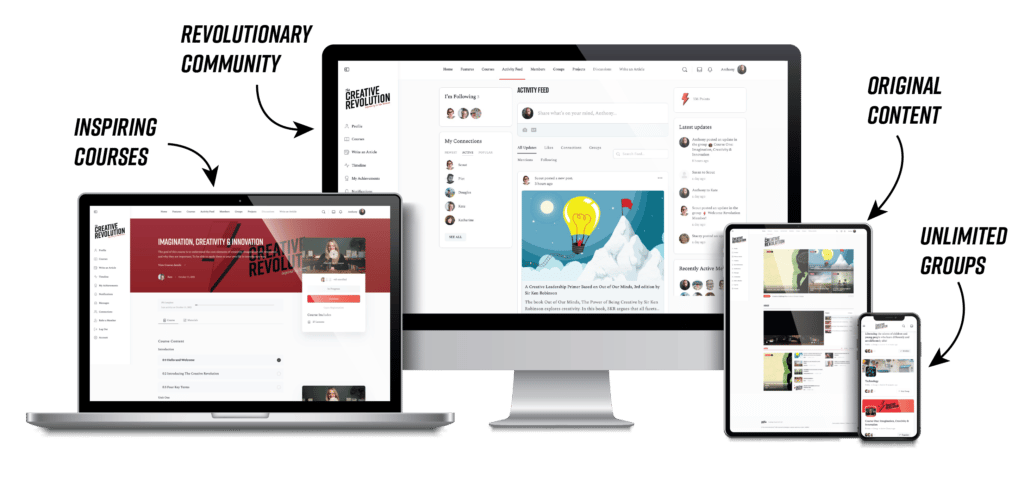The world’s most successful companies offer a compelling case study in this transformative mindset. According to a Tweet by World of Statistics, companies like Sony, Samsung, and Nokia had very humble beginnings, far removed from their current industry-dominating positions. Check the list out below:
🇫🇮 Nokia → Toilet Paper
🇰🇷 Samsung → Grocery store
🇩🇰 Lego → Wooden Toys
🇯🇵 Nintendo → Playing Cards
🇺🇸 Nike → Track Shoes
🇮🇹 Lamborghini → Tractor
🇺🇸 Colgate → Soap and Candles
🇸🇪 IKEA → Pens
🇰🇷 LG → Facial Cream
🇺🇸 Tiffany & Co → Stationary
🇯🇵 Toyota → Automatic Loom
🇺🇸 Amazon → Online Bookstore
🇺🇸 Apple → Apple Computer I
🇺🇸 Google → Search Engine
🇺🇸 Intel → Memory Chip
🇩🇪 BMW → Aircraft Engine
🇯🇵 Canon → Camera
🇺🇸 Coca-Cola → Syrup
🇺🇸 Ford → Quadricycle
🇺🇸 Harley-Davison → Racer Motorcycle
🇺🇸 HP → Audio Oscillator
🇯🇵 Honda → Bicycle Auxiliary Engine
🇫🇷 L’Oreal → Hair Dye
🇫🇷 Renault → Renault Voiturette 1CV
🇺🇸 Hoover → Leather Products
🇺🇸 McDonalds → Hot Dogs
🇺🇸 Pixar → Image Computer
🇨🇭 Nestle → Baby Formula
🇺🇸 Wrigley → Soap & Baking Powder
Sony, now a multinational conglomerate specialising in electronics, started by making rice cookers. Samsung, another global titan in electronics, originally operated as a grocery store. Farmer’s around the world would be turning heads if Lamborghini continued making tractors. And Nokia, today known for its telecommunications, started its journey manufacturing toilet paper!
These successful pivots highlight a crucial principle: every ‘mistake’ or apparent failure is not an end, but a potential redirection, an opportunity to pivot, adapt and grow. Creativity doesn’t demand perfection; it requires the courage to explore, experiment and evolve.
Remember, the path to brilliance is not a clear one; it’s full of detours, dead-ends, and daring leaps of faith. Embrace the process and learn to mine your missteps for insights and inspirations.
Here’s how you can navigate this path:
Reframe Your Perspective
Embrace Experimentation
The creative process is a continual experiment. Much like scientific research, it involves hypothesising, testing, observing, and iterating. Each ‘failure’ is simply data to feed into your next attempt. IDEO calls this prototype mentality “fail early to succeed sooner.”
Seek Feedback and Learn
Constructive criticism and feedback can turn ‘failure’ into a powerful learning tool. Engage in a community of creatives who can offer diverse perspectives and insights, fostering a culture of collective growth and learning.
Practice Resilience
Failing can be demoralising, but resilience is key. J.K. Rowling was rejected by 12 publishers before the Harry Potter series became a global phenomenon. Building emotional resilience helps navigate the peaks and troughs of the creative journey.
Stay Flexible
A rigid mindset can trap you in failure. Stay flexible and open to new ideas, directions, and possibilities. Lego, now a beloved toy brand, started with wooden toys before discovering the iconic plastic brick design. Who knows where your creative pivots might lead?
In an age of rapid change and innovation, creativity is paramount. The world needs not just problem-solvers, but problem-finders and creators. This requires us to normalise failure, to view it not as an end but as a vital point of inflection.
So, the next time you stumble on your creative path, remember that you’re in excellent company. After all, if a rice cooker can lead to a world-renowned electronics empire, who’s to say where your next ‘mistake’ might lead you?
In the words of Sir Ken Robinson, “If you’re not prepared to be wrong, you’ll never come up with anything original.” Here’s to celebrating the wrong turns, the detours and the dead-ends. After all, they might just be the scenic route to your masterpiece.
QUESTIONS...
- Have there been times when what seemed like a failure ended up being a turning point towards success in your own creative journey?
- How do you manage fear of failure in your creative process? Do you have any strategies that have helped you persevere through tough times?
- What companies or individuals inspire you with their creative pivot stories?




